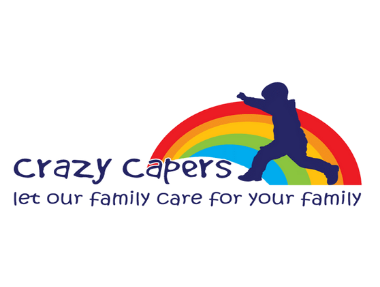Tell us about your experience of employing someone with a disability or health condition.
When hiring for my business, I was looking to find people with the right skills and abilities, but at the same time reach people who were facing barriers to encourage them back into employment.
We are a Disability Confident employer and have offered work trials, made reasonable adjustments in our business - including the interview process - and have adopted a flexible approach. Within childcare, it can be a demanding and stressful job. For example, after lockdowns when people were coming back to work, we took a reasonable approach and considered the needs of the families too.
It’s important to maintain positive communication that’s personal and appropriate to individuals, rather than standard letters and emails. By talking to employees, they’re able to raise any concerns, views, and apprehensions.
Tell us about your experience as a Disability Confident employer.
I think it’s important to give people to the opportunities that they should have. Being a Disability Confident employer has been beneficial for us to break down barriers to employment. It gives us a framework to work from and ensures that we’re providing the right opportunities for people, such as following the correct procedures and policies. For example, by making sure the work environment is suitable for them.
I have a named adviser within the Disability Confident scheme so if I ever have an issue, I can phone them and access specific advice. In one case, we then approached Access to Work for support mechanisms. It’s important to recognise that everyone has their own unique ways of working.
How do you approach making the hiring or application process easier for people with a disability or health condition?
We work with local agencies to promote job opportunities to people who have barriers to employment, such as Enable and Invest in Renfrewshire, to ensure that we get the right candidate for the position. When I first started hiring people, I found it quite difficult to contact organisations like these because I didn’t know what was available.
We also have a system where we can use volunteers in the workplace if they’ve been properly checked by Disclosure Scotland. Giving someone this opportunity can help them to find out what regime they’d need for an employed position whilst building up their own skills, confidence, and talents.
Do you have any experience with phased returns or the return-to-work process?
Within our absence procedures and return to work process, we look at what barriers someone might be facing, what would suit them best, and if there are any reasonable adjustments we can make.
What other resources or support have you found useful?
Enable have been beneficial for us as we’re able to approach them for confidential support, especially with the stresses and challenges of the pandemic. We’ve also used Access to Work and Able Futures.


